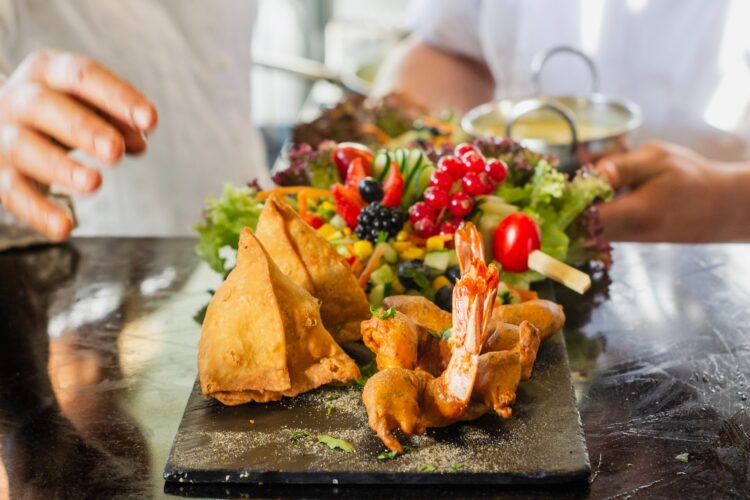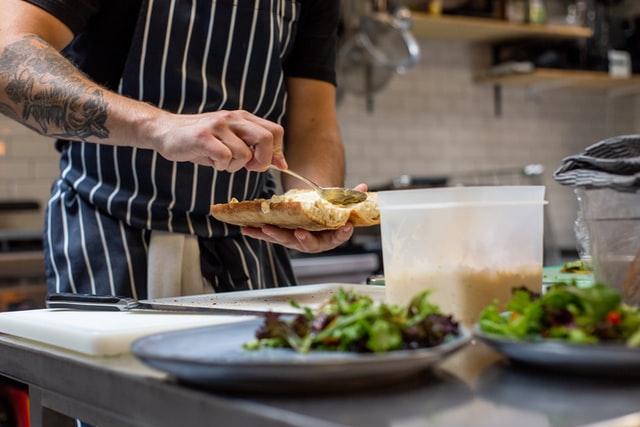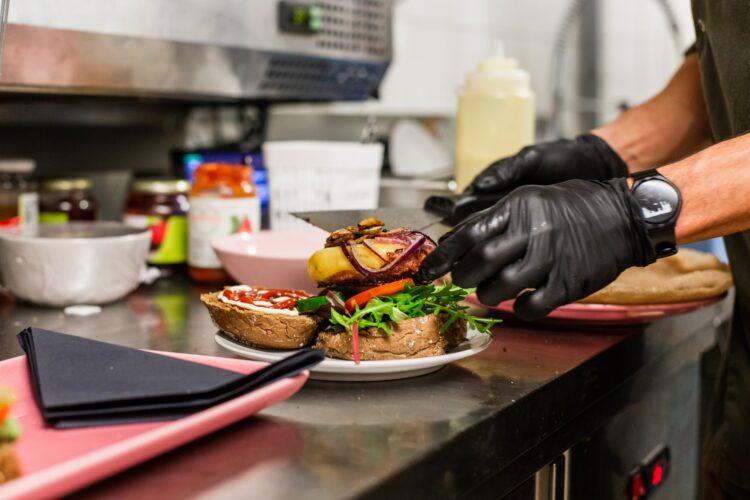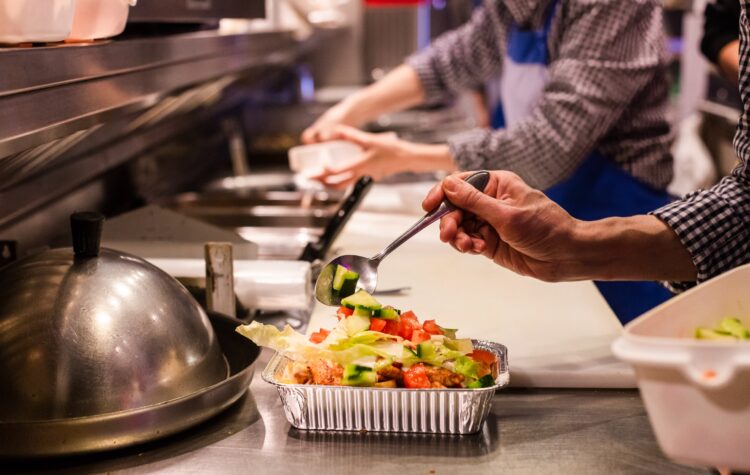Do you enjoy cooking? Do your meals get a lot of recommendations from others? Well, maybe it’s time to reconsider your career and invest in doing something you feel passionate about. Earn a living by doing what you enjoy. Many culinary schools can arm you with enough knowledge, experience, and practice to make people melt while eating the food you prepared. Visit this site for a list of culinary classes available according to the type of food you feel most passionate about (pastry cooking, home cooking, and so on) or the purpose you would like to use your skills for.
Here are some of the requirements you need to fulfill for a culinary school and becoming a chef.
You need to have basic cooking skills and a lot of passion for making people happy

Whether the guests will return to the same catering facility after the first meal depends on several factors. The ambiance is important, the atmosphere that reigns in the restaurant, the kindness of the catering staff, but the most important thing is the food itself, which depends on the skill of the chef. One of the most effective forms of marketing is “from mouth to mouth” – guests who are satisfied with the food and service will be happy to recommend the restaurant to people around them. Therefore, chefs are directly responsible for the attendance and popularity of the facility in which they work.
Two things are most important for chefs – love for work and practice. What their key competences?

The chefs are engaged in the preparation of all types of dishes in catering facilities. They must know the recipes for a large number of dishes by heart so that they can deliver the requested dish as soon as possible after receiving the order. In addition to the fact that the food must be delicious, it must also be tempting, beautifully decorated, and arranged. The chefs’ order quality food, take care of their preservation, shelf life, and storage. They compile menus, decide how the food will be prepared, combine different flavors, and present them to guests. This means creativity is a must.
Depending on the size of the kitchen in the catering facility, chefs can be assigned according to tasks. The head chef or chef can have several assistant chefs, with whom he organizes the work, supervises them, and issues instructions for work. Chefs can also have support staff who prepare food for further processing so that the food can be found on the plates of the guests as soon as possible. So, excellent management skills are needed.
Chefs must pay special attention to personal hygiene, the hygiene of their uniforms, the hygiene of dishes and utensils, as well as the hygiene of the workspace – the kitchen.
Chef courses

A large number of courses have been organized for this promising job, which enrolls a large number of participants every month, but keep in mind that when hiring, preference is given to candidates who have a degree in culinary school. Therefore, a culinary school is a better investment in your knowledge and future than a course.
A school will provide you with the prescribed fund of theoretical and practical classes where you will acquire all the necessary knowledge and skills to become a successful and respected chef. In the practical classes, you will be able to learn from top experts in this business, who will reveal the small and big secrets of the craft. It also includes consultations with professors, in one-third of the total number of classes, during which all ambiguities and doubts will be clarified.
Both chefs, culinary technicians, and specialist chefs are extremely sought after and often find a well-paid job in the profession immediately after finishing school.
Culinary technicians and specialist chefs can continue their education and training at higher hotel schools of vocational studies.
Hierarchy in the culinary profession

As in any business, so in culinary – to climb to the very top of the ladder of culinary masters is not easy. the road is long and not at all paved, but the fruits you pick at the top are well worth the effort. The development path of a chef starts from the simplest tasks for beginners, which are moving towards more and more complex ones.
Graduated cooks who have little or no experience are generally employed as assistant cooks. Through training and learning, the assistant chef gets one “line of duty” and becomes a Chef de partie.
By further learning and dedicated work, you become a Sous-chef, co-chef, or chef of a kitchen or restaurant that is part of a larger whole. The next step is the Executive Sous-Chef. The chef must have extensive work experience and knowledge in order to reach this responsible position. Above him is only the Executive Chef, that is, the head chef, whose job is largely managerial, as he oversees and organizes the work.
Studying to be a chef is an investment in the future. This profession, in addition to numerous employment opportunities in the country and abroad, gives you the opportunity to start an independent business – a restaurant or a catering agency. If you love the culinary world, do not hesitate. Let retraining as a chef be your choice.
Cooking allows you to express yourself by preparing fantastic dishes. The combinations of ingredients, foods, and flavors are almost endless. A special part of cooking is arranging dishes that can be real art. Opportunities for improvement are also great. Each country has its cuisine and specialties for which it is famous. The cuisine of a country represents its cultural identity, so you get to know everything that makes up a country and its people. The job of the chef is precisely the task of conveying to every guest of the restaurant at least a part of every taste. A satisfied guest who comes back for your specialties is the best sign that you are good at what you do.
 Hi Boox Popular Magazine 2024
Hi Boox Popular Magazine 2024



